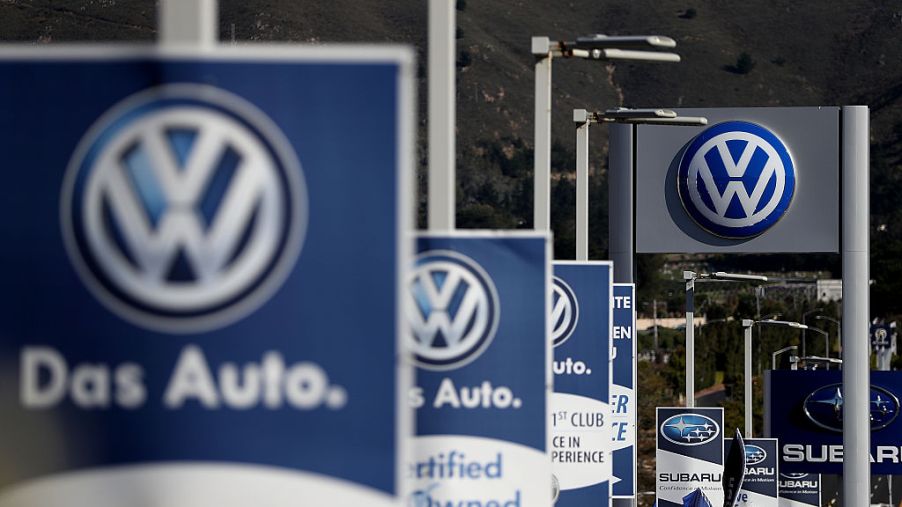
New Report Summarizes Impact of Volkswagen’s Diesel Scandal
Back in 2015, Volkswagen was caught cheating on an emissions test by installing a special kind of software on over 10 million vehicles. The software made it look as if the car was emitting less harmful pollutants than it actually was.
Since then, Volkswagen has admitted to its wrongdoing in court and had actually started a buyback program in which it offered to buy back the affected cars from its customers.
While many people are glad that Volkswagen has decided to fix the problem, they are still curious about what damage may have already been caused by its deceitful practices. Recently, a study had been conducted to measure the effects of harmful emissions, and the results were very troubling.
What harm do diesel emissions cause?
When a non-electric car is running, it is constantly pumping out harmful chemicals, like carbon monoxide and other pollutants into the air. This can cause detrimental and sometimes irreversible harm to the Earth and our health.
According to Sciencing, diesel engines are considered to sometimes be more harmful as they are also emitting soot and metal particles into the air. This has the potential to cause health problems in people who may have different types of lung disorders and heart disease.
Volkswagen’s emissions testing scandal
For years, Volkswagen was selling many cars and portraying them to be “clean diesel.” It did this by installing a device in the car that regulated certain aspects of the car, such as injection timing, fuel pressure, and exhaust-gas recirculation that made the car seem as if it were emitting fewer pollutants during the test.
The company claimed that its cars were safer than most cars on the market. Many Volkswagen fans were actually under the assumption that their cars were just as eco-friendly as a hybrid vehicle.
In reality, however, once the car started to drive normally, the device would automatically switch the car into a different driving mode, which produced more harmful pollutants. It was discovered that many Volkswagen cars were actually emitting over 150 times more pollutants than most cars on the market today.
How Volkswagen’s deceit impacted the health of young children
Recently, Diane Alexander, who is with the Federal Reserve Bank of Chicago, and Hannes Schwandt, from Northwest University, wrote a paper that illustrated the harmful effects that the large amounts of pollutants caused by Volkswagen – and other vehicles that used deceitful practices to cheat the emissions test – had on the health of young children and babies.
They looked at areas that had a large number of “cheating cars” in them and found that there was a 2% increase in fine particulate matter in the air for every 1,000 “cheating car” that was in the area. They also found that these areas had a 1.9% increase in low birth weights.
The study found that not only were infants affected by the higher emissions but the paper had said that children suffering from asthma were also greatly affected by the vehicles as well: “We also find an 8.0 percent increase in asthma emergency department among young children for each additional cheating diesel car per 1,000 cars in a subsample of five states.”
This is a shocking new addition to the story. Volkswagen was once one of the most trust and well-respected automakers in the world. Now, the company will have to fight for years to gain back the trust and loyalty of people.
Is the problem fixed now?
While Volkswagen has said that it is no longer using deceitful practices, there are many other carmakers that have not been accounted for the wrongdoing. After the scandal had broke, it was revealed that other car manufacturers, like Audi, Chrysler, and Porsche were also being deceitful during its emissions tests.
Being that so many other car companies have had “cheating cars”, it can only be assumed that there are more auto manufacturers that are also lying about the pollution rate of some cars and were able to hide it better than the other companies.
So, until we can be sure that every car manufacturer is complying with the federal emission standards, we can’t really assume that the problem has gotten any better.


